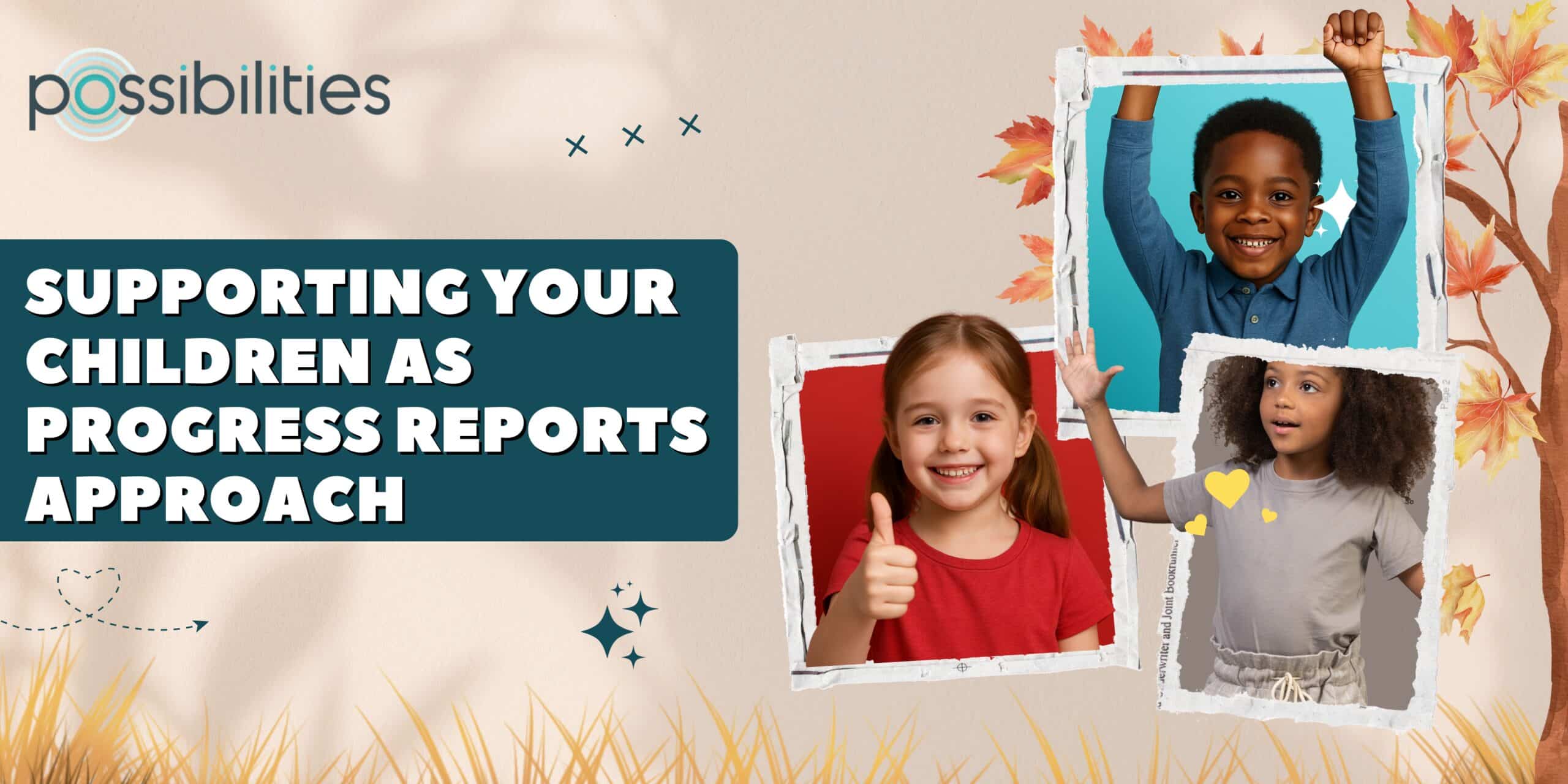Creating a family calendar to support executive functioning skills in children with ADHD can be a valuable tool to help them stay organized, manage their time, and reduce anxiety. This is something that our ADHD coaches at the Possibilities Clinic support families with on a regular basis. Here’s a step-by-step guide to set up an effective family calendar:
- Select a Calendar Format: Choose a calendar format that works best for your family. Options include a physical wall calendar, a digital calendar (e.g., Google Calendar, Apple Calendar), or a combination of both. (For kids, a visual wall calendar works well – ensure it’s in a place where it is easy to see and access.)
- Colour-coding: Assign specific colours to each family member. This will make it easier for everyone, including children with ADHD, to identify their own events and responsibilities quickly.
- Weekly Family Meetings: Hold weekly family meetings to review the calendar. This is an opportunity for everyone to discuss upcoming events, responsibilities, and any changes to the schedule.
- Input All Events: Ensure that all family events and activities are entered into the calendar. This includes school schedules, extracurricular activities, medical appointments, playdates, and more.
- Set Reminders: Configure digital calendar apps to send reminders or notifications for important
events. This can help children with ADHD stay on track and remember their responsibilities. - Daily Routine Planning: Incorporate daily routines into the calendar. Include chores, mealtimes, homework hours, and bedtime. Having a structured routine can help children with ADHD better manage their day.
- Break Tasks into Smaller Steps: If there are larger tasks or assignments, break them down into smaller, manageable steps on the calendar. This approach can reduce the feeling of being overwhelmed.
- Regularly Update and Review: The calendar should be a dynamic tool. Update it as needed and encourage children to check it daily. Regular reviews and updates will help children develop a sense of responsibility and independence.
- Incorporate Positive Reinforcement: Use a reward system or positive reinforcement to motivate children to follow the calendar and complete their tasks. Praise their efforts and successes.
Creating and using a family calendar as a tool to support executive functioning skills in children with ADHD can be a crucial step in helping them manage their daily lives more effectively and reduce stress and anxiety. It also promotes a sense of responsibility and independence in these children.
For more information on our ADHD coaching services click on our Kid, Teen and/or Adult links. If you have any questions or would like to book an appointment, you can email us at info@possibilitiesclinic.com or call 1-833-482-5558.











